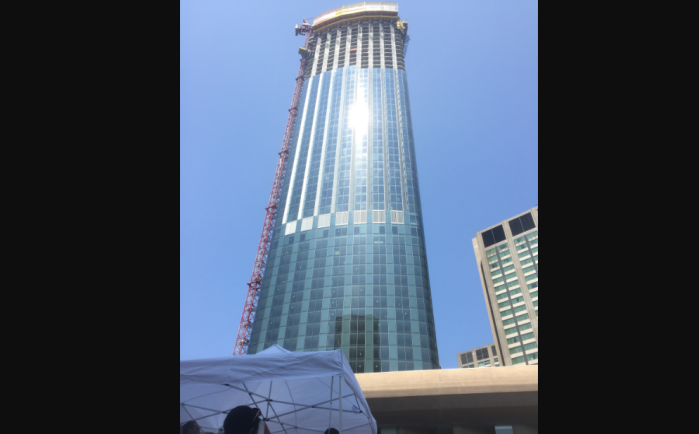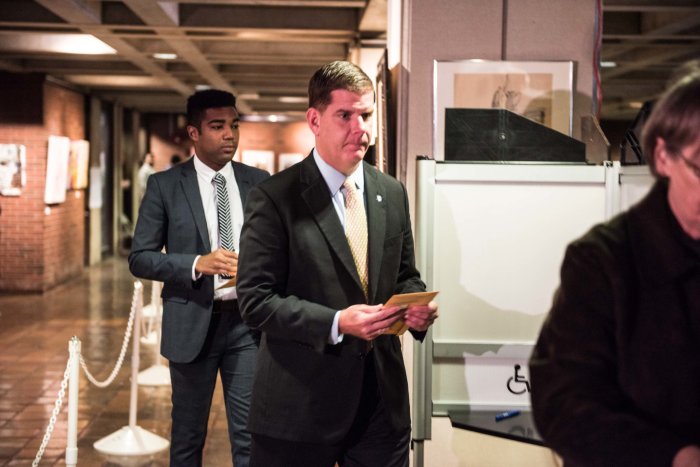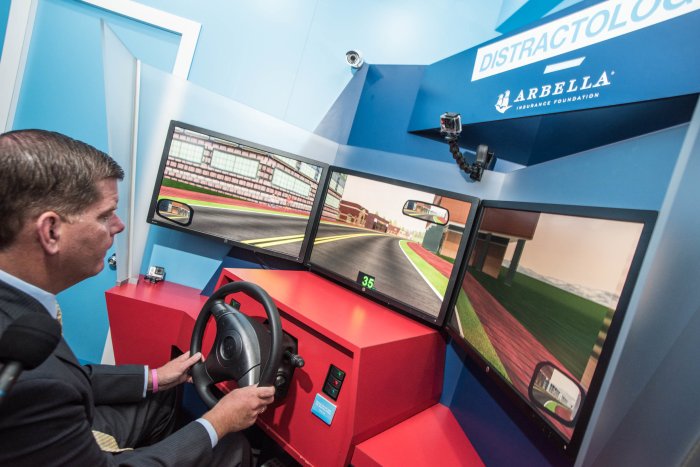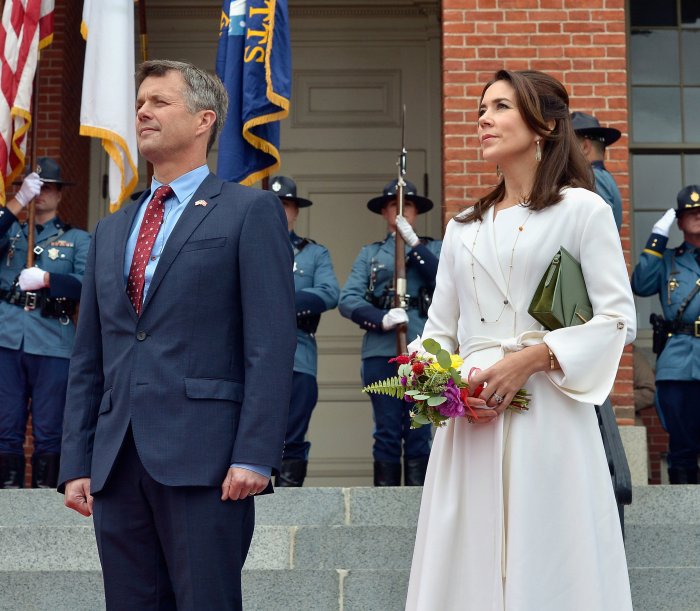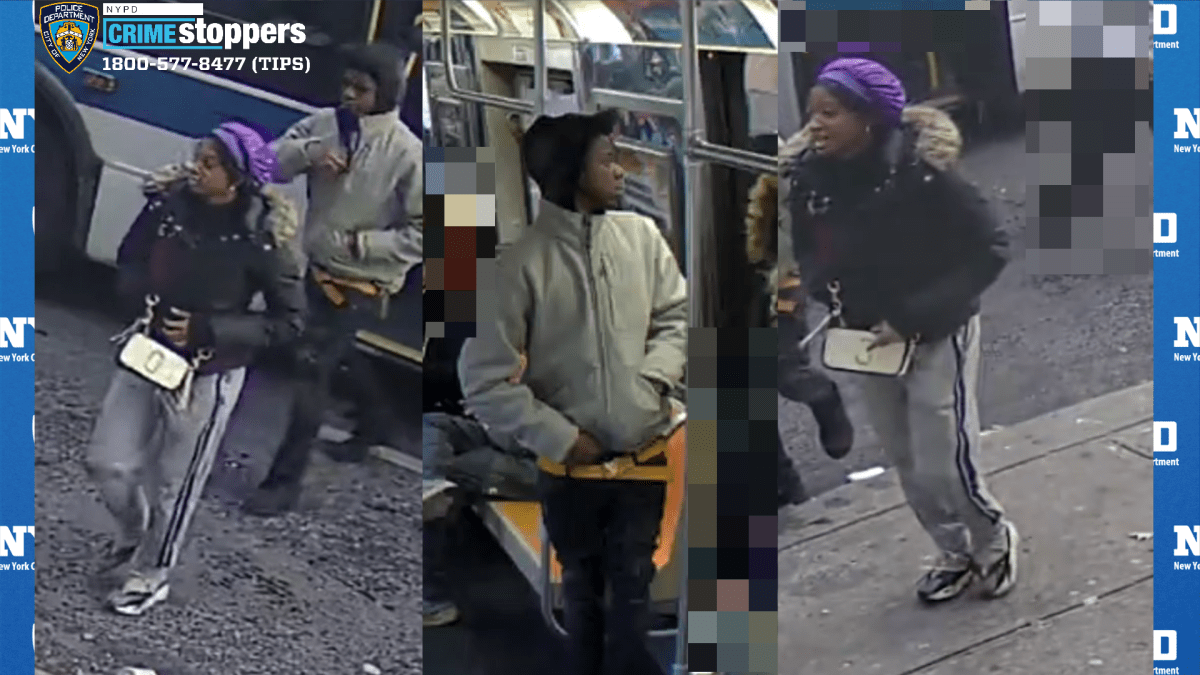Hoping to provide an economic boost to small businesses and local performers in a city filled with both, Mayor Marty Walsh on Wednesday signed an ordinance expanding Boston’s Acoustic on Main program. The measure allows businesses to host live performances without having to pay for an entertainment license or jump through bureaucratic hoops.
The city first enacted Acoustic on Main as a pilot program in April 2015, intended to boost the local economy after the treacherous winter kept many residents from shopping or dining out.
Back then, it was a 10-night event open only to businesses involved with the Main Streets programs, a network of 20 organizations focused on helping the commercial districts in different Boston neighborhoods. The city held a few of those 10-night events throughout the year, restricting the hours, from 4-9 p.m. The events were a success, officials and business owners said, and now the new ordinance has been expanded to year-round and the hours extended from 10 a.m. to 10 p.m. It will go into effect Jan. 1, and participating businesses do not have to be part of the Main Streets program. Olives & Grace, a South End gift boutique, participated in Acoustic on Main last year, hosting several live performances. Owner Sofi Madison said it was a perfect fit.
“Instead of tying music to a specific type of industry, I think it’s more about the character of the business,” she said. “As a small business that supports other small businesses and artists, in this case, we were finally able to support local musicians.” Madison said that she would consider getting a live entertainment license — which costs about $100 and requires a hearing — but the new ordinance is far better, she said. When it takes effect, Madison said the measure will have a “ripple effect” throughout the city. Michelle Wu, president of Boston City Council, worked with the mayor on the new ordinance.
“Having live entertainment, whether it’s a guitar player, as folks are shopping for groceries, or a small band during dinner [at a restaurant], helps to get foot traffic up and really gives customers a reason to shop local,” she said. “We heard from small businesses that this was a really great marketing tool for them.” The approval process for obtaining a live entertainment license had been daunting for small businesses that only hosted live performances infrequently, she said.
“Most of the businesses that have live entertainment licenses do this often,” she said. “We wanted to open it up for anyone with a creative spirit, or who wants to do something special for the holidays.” As much as this program is for these businesses, Wu emphasized that it’s also about creating more economic opportunities for local musicians.
“Hopefully, by increasing the number of venues here, we’re able to showcase the huge number of really talented musicians, performers, stand-up comedians, improv artist and so on throughout Boston,” she said. Adam Rice, an acoustic guitarist and Berklee College of Music graduate, said the measure will expand the opportunities for musicians and entertainers. Rice, who performs throughout the city, said the market has become a bit smaller as some clubs have recently closed. “I’ve always thought it’s ridiculous to regulate where good live music can be heard,” he said. “It’s like requiring a license to allow customers to have a conversation.”

